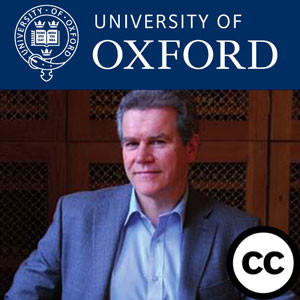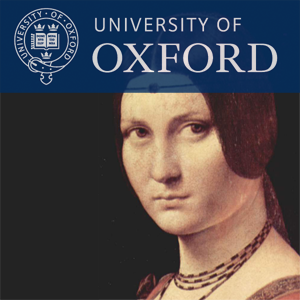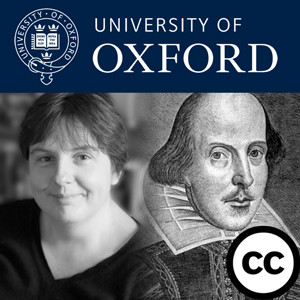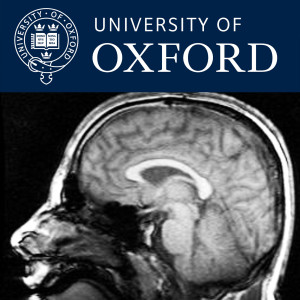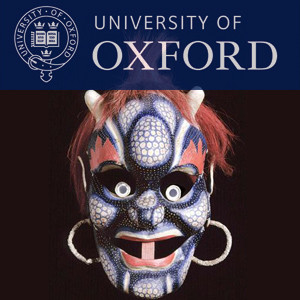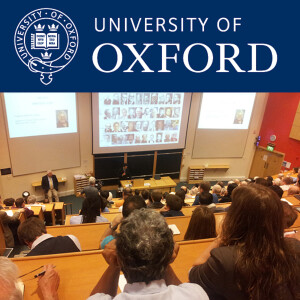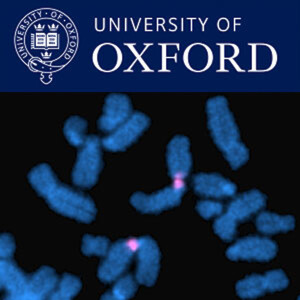

Episode List

Human Genetics
Professor Peter Donnelly tells us how genetics helps us to understand common diseases and develop new drugs. Understanding which variations in our DNA affect susceptibility to diseases can provide new insights into the disease process and lead to new treatments. Professor Peter Donnelly leads large collaborative human genetic studies, and his group develops and applies statistical methods to extract maximal information from the large datasets generated by genomic studies.

Psychiatric Genetics
Every psychiatric disorder has a genetic contribution. Although anxiety and depression are very common diseases, current treatments are not very good. A better understanding of the contribution of genetic variants might help us better diagnose as well as develop new therapies.

Statistical Genetics
Professor Gil McVean tells us how statistical genetics helps us understand and treat disease. Genomic technology and statistical analysis of the genome is a powerful tool in understanding disease. Prof Gil McVean is the Head of Bioinformatics and Statistical Genetics at the Wellcome Trust Centre for Human Genetics. Professor McVean's research covers several areas in the analysis of genetic variation. Combining the development of methods for analysing high throughput sequencing data, theoretical ...

Specific Language Impairment
Dr Dianne Newbury talks about the contribution of genetics to specific language impairment. Specific Language Impairment (SLI) is a complex genetic disorder in the development of language. Dr Dianne Newbury is looking for the genes that predispose to SLI. Two regions, located on chromosomes 16 and 19, are linked with this disorder. Interactions between several normal genetic variants and environmental factors make certain individuals more vulnerable to language problems. A better understanding o...

Dyslexia and Genetics
Dr Silvia Paracchini talks about the influence of genetics in dyslexia. Dyslexia is a reading impairment that effects up to 10% of children. Dr Silvia Paracchini aims to identify the genetic components of dyslexia to better understand its underlying biology. Working to uncover the biological mechanisms involved in human cognition, Dr Paracchini is looking for connections between dyslexia and other cognitive disorders such as Specific Language Impairment or Attention Deficit Hyperactivity Disorde...
You may also like
Create Your Podcast In Minutes
- Full-featured podcast site
- Unlimited storage and bandwidth
- Comprehensive podcast stats
- Distribute to Apple Podcasts, Spotify, and more
- Make money with your podcast
